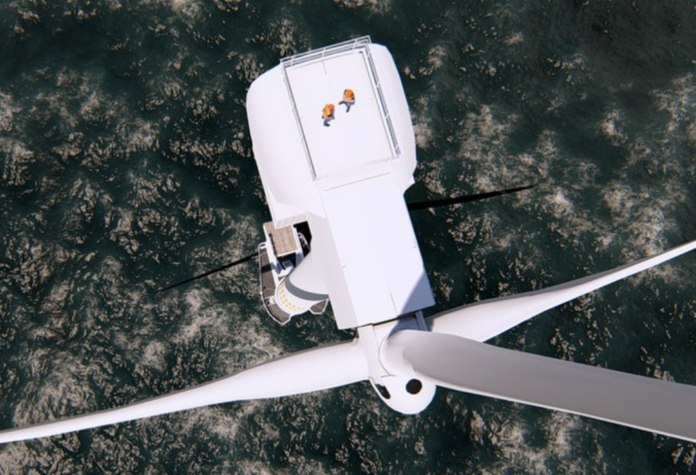In 2020, renewable sources of electricity such as wind and solar grew at their fastest rate in two decades and are set to expand in coming years at a much faster pace than prior to the pandemic, according to a new report by the International Energy Agency (IEA).
According to the IEA’s latest market update, the amount of renewable electricity capacity added in 2020 rose by 45% to 280 GW – the largest year-on-year increase since 1999. The increase in 2020 is set to become the new normal with about 270 GW of renewable capacity on course to be added this year and almost 280 GW in 2022, despite a slowdown in China after an exceptional level of additions last year. These forecasts have been revised upwards by more than 25% from the IEA’s previous estimates in November as governments around the world have auctioned record levels of renewable capacity and companies have signed record-level power purchase agreements, even as the pandemic spread macroeconomic uncertainties and suppressed demand.
Shifting power generation to renewable sources is a key pillar of global efforts to reach carbon neutrality, but CO2 emissions are set to rise this year because of a parallel rise in coal use, underscoring the major policy changes and investments in clean energy needed to meet climate goals.
“Wind and solar power are giving us more reasons to be optimistic about our climate goals as they break record after record,” says Fatih Birol, executive director of the IEA. “Last year, the increase in renewable capacity accounted for 90% of the entire global power sector’s expansion. Governments need to build on this promising momentum through policies that encourage greater investment in solar and wind, in the additional grid infrastructure they will require and in other key renewable technologies such as hydropower, bioenergy and geothermal. A massive expansion of clean electricity is essential to giving the world a chance of achieving its net-zero goals.’’
Global wind capacity additions almost doubled last year to 114 GW. That growth will slow down a bit this year and in 2022, but the increases will still be 50% larger than the average expansion during the 2017-2019 period. Solar PV installations will continue to break new records, with annual additions forecast to reach over 160 GW by 2022. This would be almost 50% higher than the level achieved in 2019 prior to the pandemic, affirming solar’s position in global electricity markets.
China is the largest manufacturer of solar panels and wind turbines – as well as the biggest supplier of raw materials such as silicon, glass, steel, copper and rare earth materials needed to build them. Supply chain constraints, including due to a fire in a Chinese silicon factory last year, have recently pushed up prices of PV modules, highlighting the sector’s potential vulnerabilities in the longer term.
In the U.S., renewable capacity growth this year and next is mainly spurred by the extension of federal tax credits. The forecast does not take into account President Joe Biden’s new emissions reduction targets or infrastructure bill. If enacted, the bill would drive a much stronger acceleration in the deployment of renewables after 2022.




